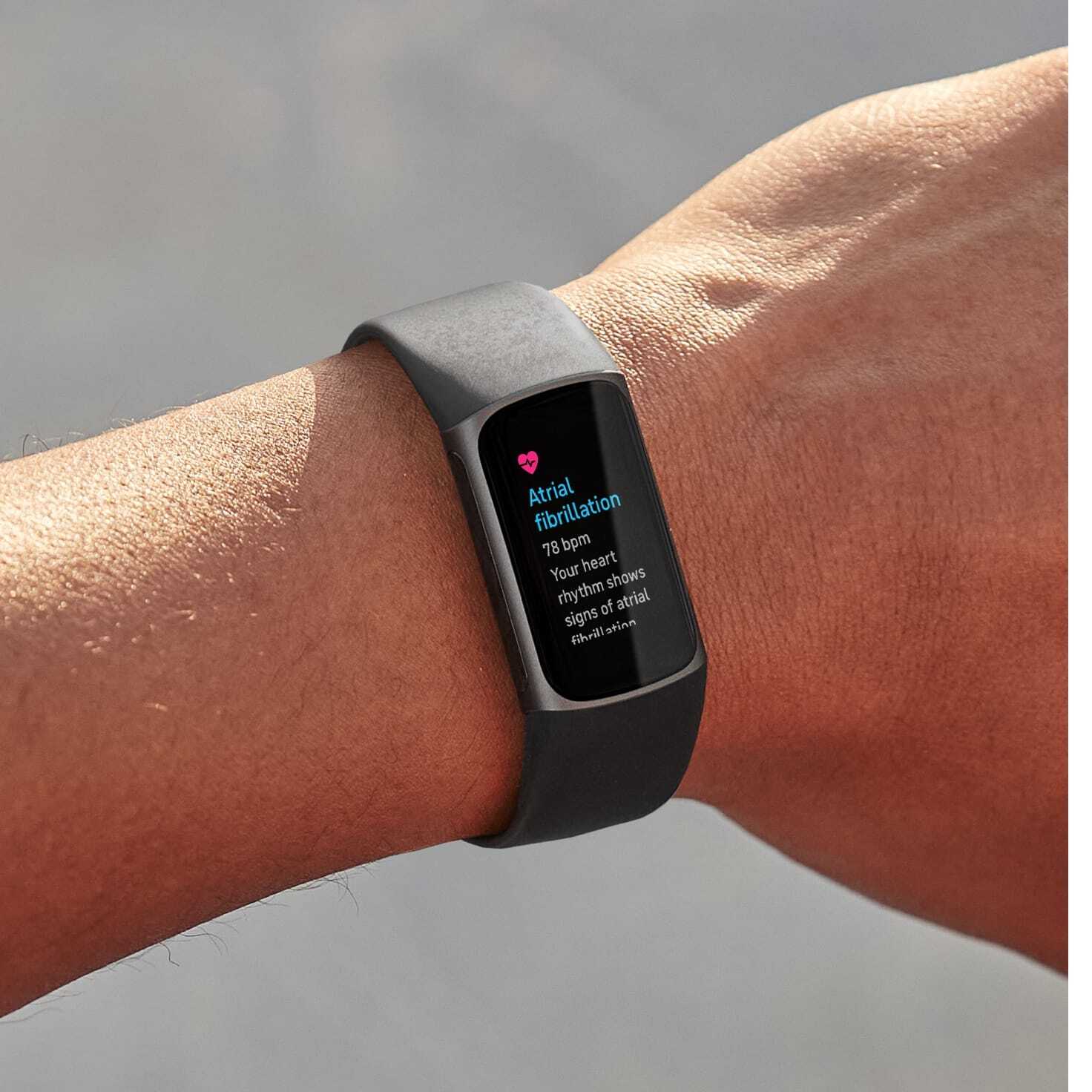Fitbit gets FDA approval to use its algorithm to detect a serious heart condition
Atrial Fibrillation (AFib) is caused by irregular heartbeats that are too fast (over 400 beats per minute). It can cause strokes, blood clots, heart failure, and death. Features found on several smartwatches can help you monitor your heart for AFib.
Fitbit’s PPG AFib algorithm was validated by Fitbit’s own heart study which started in 2020 and had 455,699 participants within five months. The study found that Fitbit’s PPG algorithm correctly identified AFib 98% of the time as confirmed by ECG patch monitors.
It has been discovered that AFib detection algorithms work best when the person being tested is still or at rest. Thus, being able to monitor a person’s heart rhythms overnight is critical. And this is where Fitbit’s 24/7 heart rate tracking and long battery life come into play.
Now that the FDA has approved the PPG algorithm, Fitbit gives users two ways to detect AFib. One way to check for AFib is through Fitbit’s ECG app which allows Fitbit wearers to check their heart rhythms on demand and even record the ECG test so that it can be shared with healthcare providers. In addition, the PPG-based algorithm can make assessments based on long-term analysis which can detect asymptomatic AFib which might go undetected otherwise.
Fitbit will continue to team up with the BMS-Pfizer Alliance to continue educating patients with irregular heart rhythms in the states so that they can continue to learn all about AFib.
For all the latest Technology News Click Here
For the latest news and updates, follow us on Google News.

